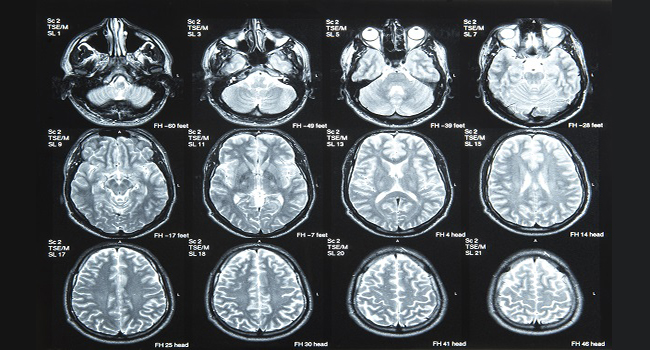
A clinical trial has highlighted that in serious stroke patients, it is better to break down the blood clot, blocking the blood vessels in the brain, with drugs before surgery can be done to remove it.
A stroke occurs when the blood flow to the brain is stopped due to the blockage of its blood vessels usually due to blood clots. If the blood clot is large it can result in a serious and often life-threatening condition that requires urgent medical attention because the interruption of the blood flow can result in the death of the brain cells.
The standard treatment for stroke due to a large brain clot is to remove it by surgery so that the blood flow to the brain can be re-established. However, recently some doctors have started using a drug called alteplase which dissolves the blood clot, reducing it in size, before it can be removed by a surgical procedure called thrombectomy.
Given these two types of treatment plans available now it is important to determine which one is better for the patient so that doctors can make an informed choice before starting either treatment.
For this purpose, a recent clinical study was conducted to evaluate the safety and effectiveness of both types of treatments.
The clinical study, published in The Lancet journal, involved 408 patients from several hospitals. All of the patients had experienced a stroke caused by a blood clot in the brain. The patients were divided into two groups: one group received only thrombectomy, while the other group received alteplase therapy followed by thrombectomy.
